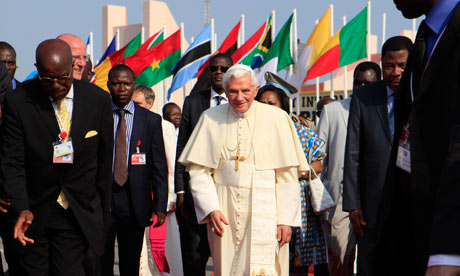St. Basil’s School of Gregorian Chant offers a three-day chant workshop with Fr. Columba Kelly, OSB, from Wednesday, Feb. 15th through Friday, Feb. 17th at the University of St. Thomas in Houston. You can register for the workshop here.
For those who have not had the opportunity to study chant with Fr. Kelly, you have been missing the opportunity to learn from arguably one of the greatest authorities on Gregorian chant interpretation in the English speaking world. I am personally convinced that the work of Fr. Kelly will be widely rediscovered in the coming years and decades, and many will one day grieve the missed opportunities to learn from this immense scholar and selfless servant of the Church and her sacred liturgy.
I have not known of a single scholar and practitioner of Gregorian chant who integrates sound chant scholarship and pedagogy with liturgical and sacramental theology (primarily of Ratzinger) in a way that is so seamless and truly integrated as Fr. Columba Kelly. You will not want to miss any opportunity to learn from this veritable master.
Here is a description of the workshop from the directors of St. Basil’s School:
The Theme of the Workshop is Restoration of the Propers of the Mass – The Seminar begins Wednesday evening with an open-to-the-public-address by Fr Columba in Jones Hall from 7.00-9.00 pm. The public are invited for this event, and Fr Columba’s address will again be very educational, useful, and informative by weaving the fascinating journey of chant throughout history, from murky first centuries, to the questionable involvement of Gregory himself, to Charlemange, Middle Ages, Renaissance, XIX. century, and our own day.
The three days of classes will address the mass propers and their role in everyone’s liturgy. These are the propers of the Graduale Romanum, which can be sung with equal power in Latin or in English, to the Gregorian chant music or to more modern composition. Much of the chant for the English we will be doing is brand new chant, composed by Fr Columba for this workshop mass.
You will learn about the repertory of Proper Chants and their place in the liturgy, and how they can, if one wishes, be combined with hymns and other music. You will, though, experience their unique contribution to the mass, to which they are part and parcel, and to which they would restore a rich repertory of scripture to the mass, a repertory which belongs to, is a part of, the mass, but for various reasons was allowed to fall by the wayside 40 years ago. Our starting point is GIRM, which states first, and state plainly that the prefered musical embroidery of the mass are the propers from the Roman Gradual, whether Latin or English or to other music. So the thrust of this workshop will be one of education as to how the propers may be used, encouraging musician to restore these ancient chants with are part and parcel of the Roman rite. While other music is purely ancillary, extrinsic to the rite, the propers and a integral part of the mass.
Fr Columba is one of the worlds greatest authorities on Gregorian chant, and has studied and taught it for sixty years. He not only teaches old chant, but composes new chant which is superb in its relationship to the words be expressed. His examples and insight will bring you into experiencing chant as the living tradition that it is.
Do plan to attend this workshop sponsored by St Basil’s School of Gregorian Chant and experience mass in a greater richness that you can take home to your parish.
For further information contact our website at http://www.gregorianchantschool.org, or view the flyer at the link given at top, before the ‘comments’.
Also, E-Mail: notes@gregorianchantschool.org
Tel.:713-376-0289, or 713-526-1248
Facsimile: 281-858-5016Lowell Davis –
Executive DirectorM. Jackson Osborn –
Choirmaster and Lecturer in Chant Studies







